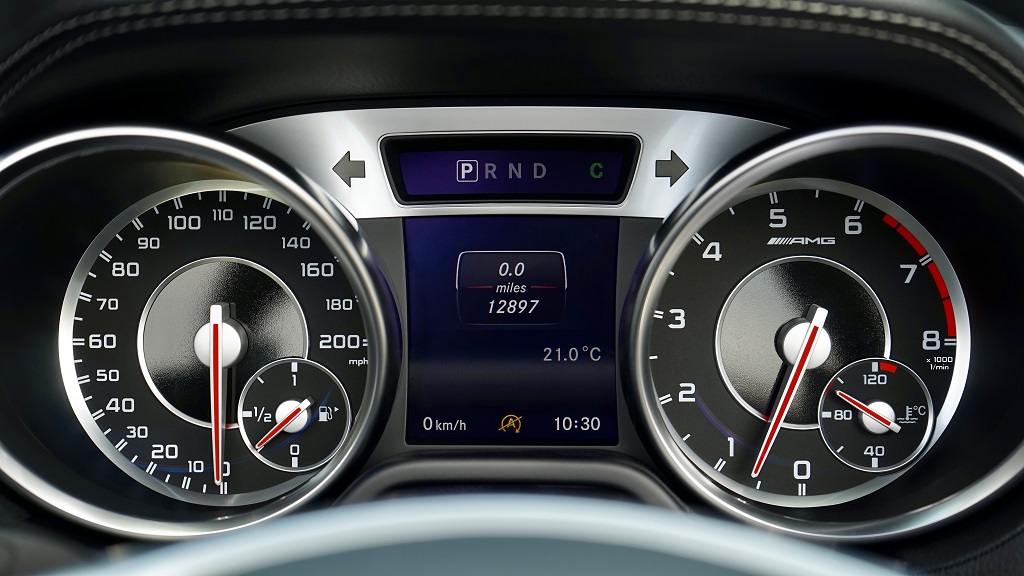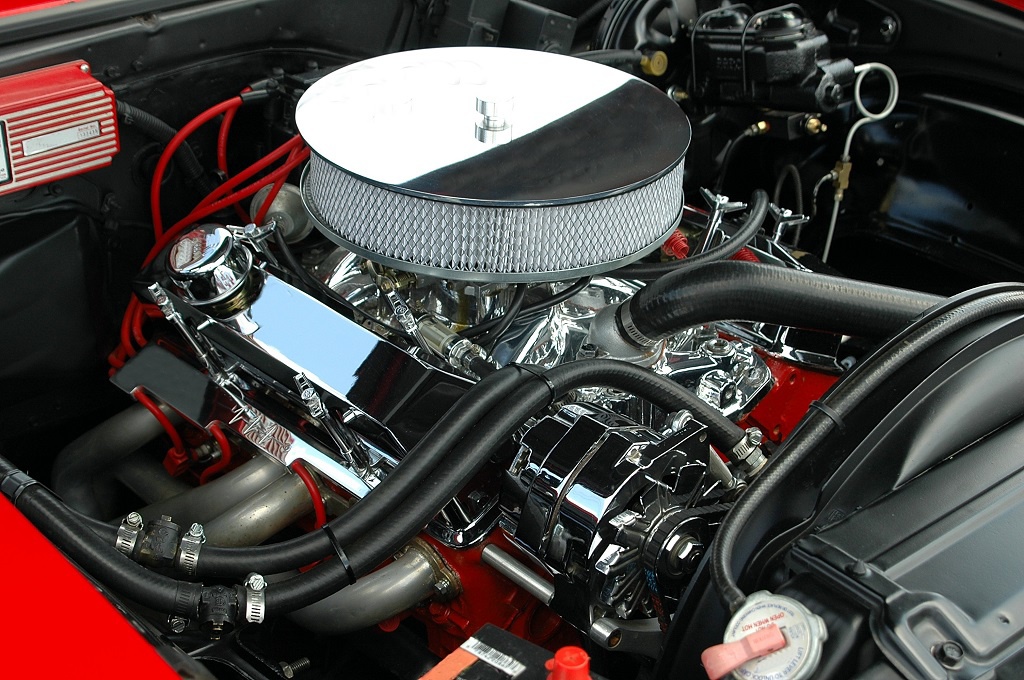Should You Change Your Oil Every 3,000 Miles?
By on Jan 31 2018

Owning a car requires taking preventive maintenance steps to ensure your car lasts as long as possible. Such measures include rotating your tires, having the car inspected, and changing your oil.
The benefits of regular oil changes are indisputable. Moving parts power your vehicle's engine and need to be lubricated to function properly. Performing regular oil changes is key because, over time, engine oil breaks down and becomes contaminated with dust, dirt, and other debris--partially because of the environment you drive in. They can also collect water and form sludge.
But should you change your oil every 3,000 miles?
In short, no.
The 3,000-mile rule used to be the rule of thumb to get the most out of your engine. However, the automotive industry has significantly changed since this ancient rule was made. Mechanical engineers discovered ways to design better engines, as well as improve the oil you put in your car through synthetic options and additives.
A more in-depth explanation requires looking at your driving pattern and your vehicle's OEM specifications.
Driving Patterns and OEM Specifications

Your driving pattern is defined by how you drive, how old your engine is, and the environment you live in.
Consider how you drive: do you race between traffic lights and drive at a high speed on the interstate? If so, you should change your oil more frequently.
Other circumstances calling for changing your oil more often include heavy-duty towing, driving at a low speed for a long distance, and making a lot of short trips.
Towing results in more work from your engine, so more frequent oil changes make sense. They're required when you drive short distances and at a low speed for a long time because, in both instances, the oil in the engine does not get hot enough to evaporate formed water and results in sludge.
The second factor to evaluate is how old your engine is.
New engines allow you to stick with a normal oil change cycle. On the other hand, if the car is old and the engine has wear on it, you're going to have to up your routine maintenance to keep it going. No matter how meticulously you care of your car, engine wear over time is inevitable and normal.
Finally, examine the environment you drive in.

Temperature and the type of road you drive on significantly impacts engine wear.
If you drive in extremely hot or cold temperatures, more oil changes will serve you well. Further, living in an area with very hot weather and a lot of dust and dirt blowing around or driving on a dirt or gravel road regularly means more contaminants in your engine; therefore, increased oil changes.
You can now check your OEM specifications in your vehicle's handbook. This will recommend how many miles you should drive based on the engine's design and the type of oil required.
Look at both your driving pattern and the OEM recommendation and adjust accordingly for how many miles you should drive before changing the oil.
How often should you change your oil?

Most car owner's manuals recommend oil changes every 5,000-7,500 miles in optimal driving conditions.
Drivers who don't drive often or far should change their oil at least twice a year or every 1,000 miles even if a service engine light does not come on. This will ensure sludge isn't building up and permanently damaging the engine.
If you're still unsure about when to change your oil, consult an expert and have your engine oil analyzed.
Sources:






